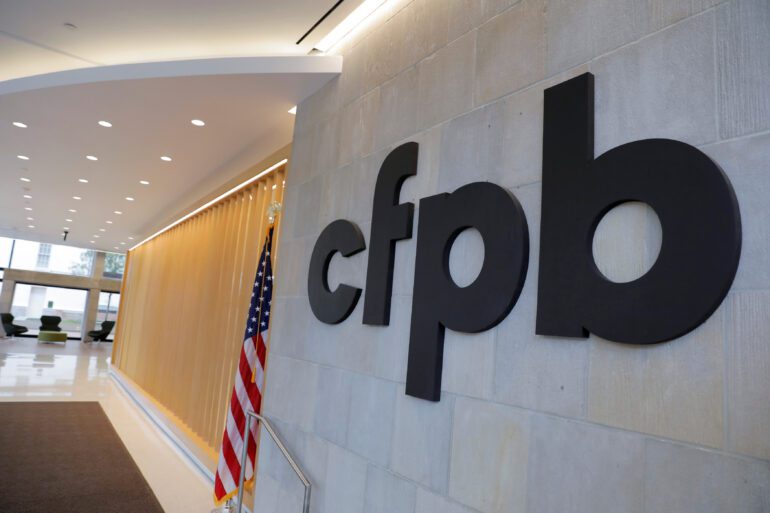TL;DR:
- Consumer Financial Protection Bureau (CFPB) warns about issues with generative AI chatbots used by banks.
- Numerous customer complaints highlight the chatbots’ failure to provide timely and straightforward answers.
- Risks include inaccurate financial information, privacy breaches, diminished trust, and reduced customer satisfaction.
- Capital One’s Eno and Bank of America’s Erica are named as examples of algorithmically trained chatbots.
- Responsible implementation is crucial to avoid customer frustration, loss of trust, and potential legal violations.
- The popularity of chatbots is increasing, with one in three Americans having interacted with them in 2022.
- Poorly deployed chatbots can lead to adverse consequences, emphasizing the need for caution and accountability.
- AI tools, including chatbots, are being adopted across industries, but some have exhibited harmful effects.
Main AI News:
The utilization of generative AI chatbots by banks has come under scrutiny, as the Consumer Financial Protection Bureau (CFPB) issues a cautionary message. Numerous customer complaints have flooded the agency, asserting that these chatbots have failed to provide prompt and straightforward answers to their inquiries.
In its press release, the CFPB emphasized the importance of working with customers to resolve issues and address questions—a fundamental function for financial institutions and the cornerstone of relationship banking. The agency raises concerns about the potential pitfalls associated with artificial intelligence chatbots. These risks include the dissemination of inaccurate financial information to customers and potential privacy breaches regarding sensitive customer data. Furthermore, such chatbots could erode trust in the financial institution and its services, thereby diminishing overall customer satisfaction. This risk is particularly pronounced if the chatbot complicates the process of redirecting customers to human representatives.
The CFPB specifically names two generative AI chatbots, Eno from Capital One and Erica from Bank of America, both algorithmically trained using customer conversations and chat logs. At present, Capital One and Bank of America have yet to respond to the CFPB’s request for comment on this matter.
According to the CFPB, approximately one in three individuals in the United States engaged with a chatbot in 2022. As more companies incorporate AI into their operations, this figure is expected to rise. However, the CFPB emphasizes that a poorly deployed chatbot can lead to customer frustration, diminished trust, and even legal violations. CFPB Director Rohit Chopra further reinforces the significance of responsible implementation, highlighting the potential consequences that can arise from a mismanaged chatbot.
While banks are not the only entities embracing AI tools, the launch of OpenAI’s ChatGPT has spurred a wave of new services and features powered by generative AI. Despite the potential benefits of AI chatbots in assisting individuals with various tasks, some of these bots have proven more detrimental than beneficial. One instance involved an organization focused on preventing eating disorders, which took its AI chatbot offline after it promoted weight loss among users seeking advice through the helpline. The bot’s suggestions were deemed “harmful” and “unrelated” to the users’ needs.
Conclusion:
The discontent expressed by bank customers towards AI chatbots raises important concerns for the market. Financial institutions must prioritize responsible implementation to avoid potential pitfalls such as customer frustration, diminished trust, and legal violations. As the adoption of AI tools expands, companies must carefully balance the benefits and risks associated with these technologies to maintain customer satisfaction and protect their reputation.

